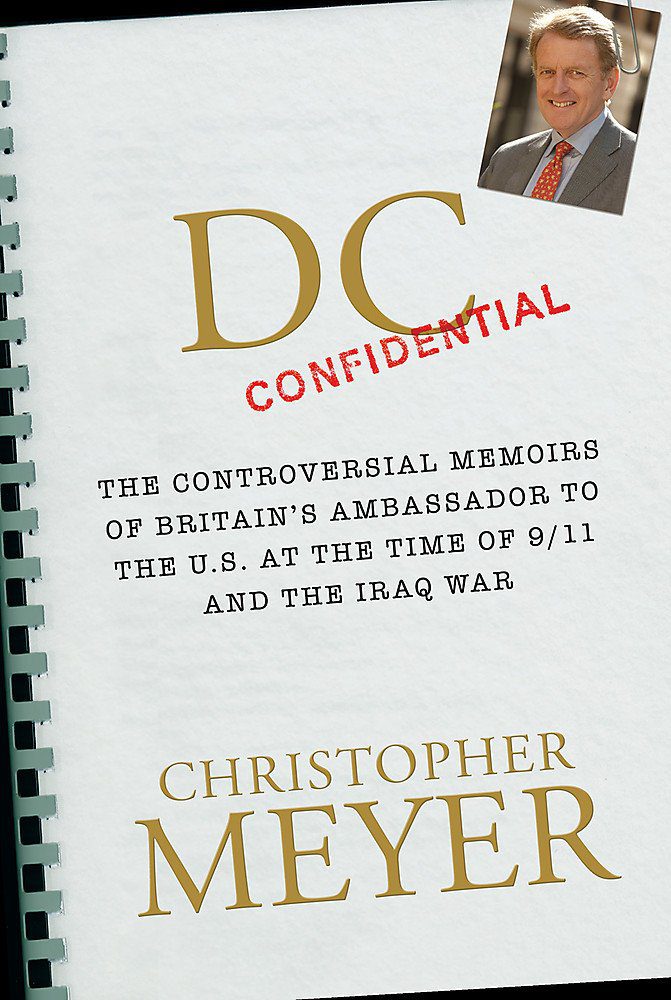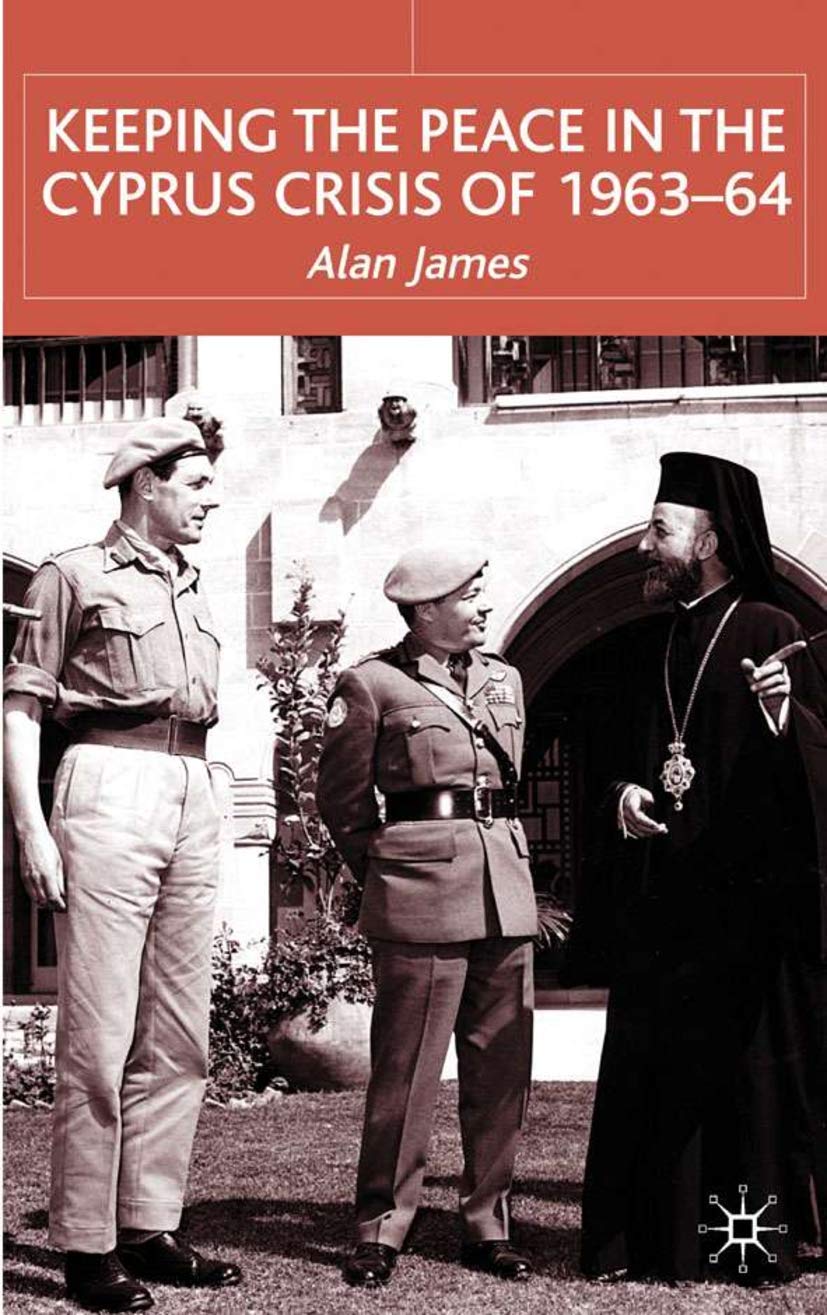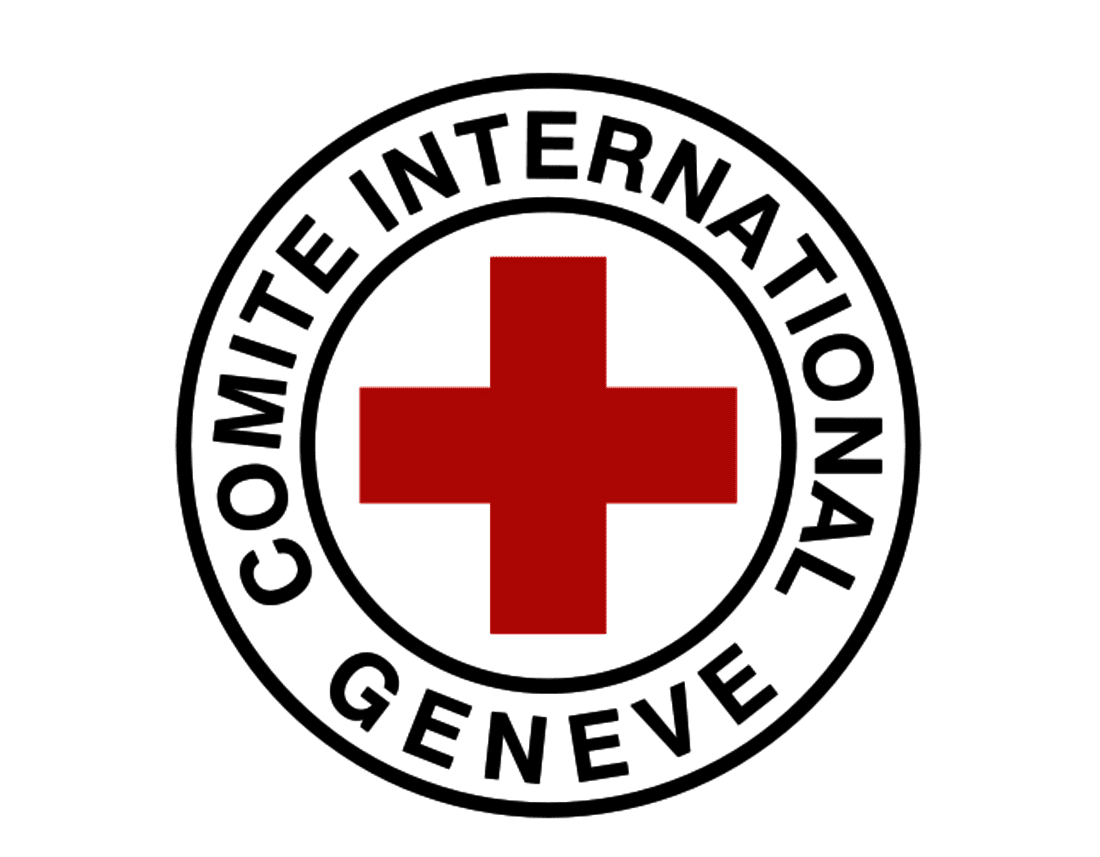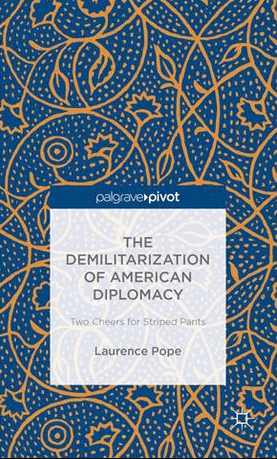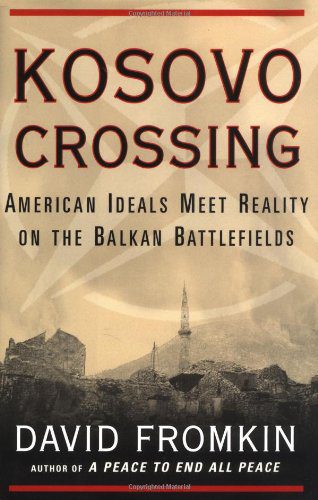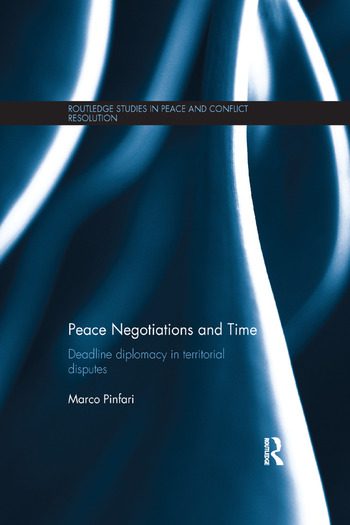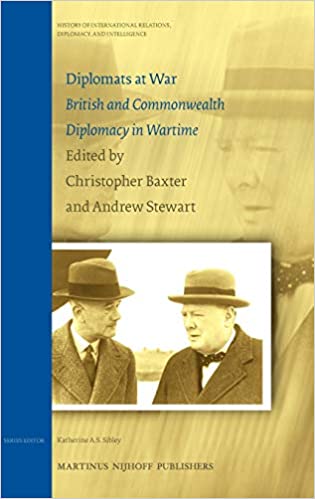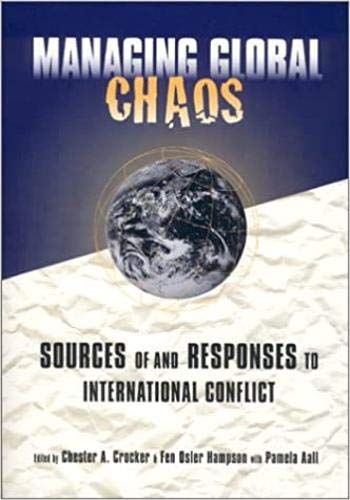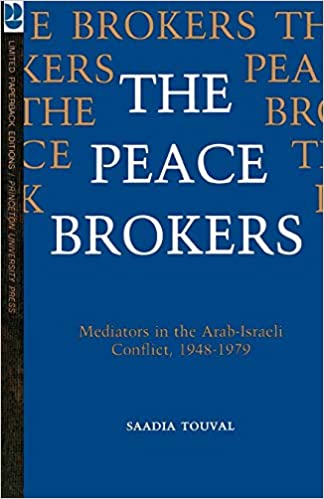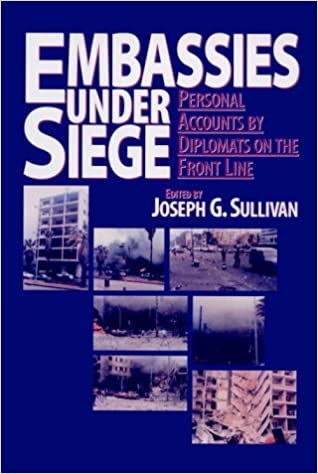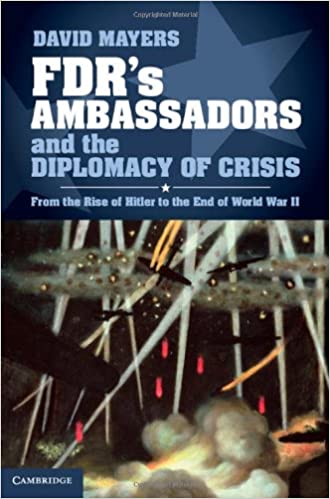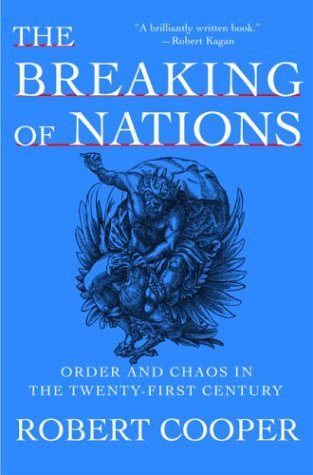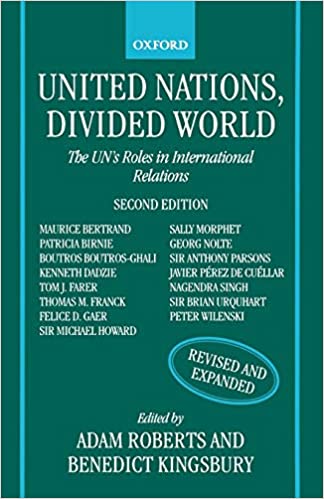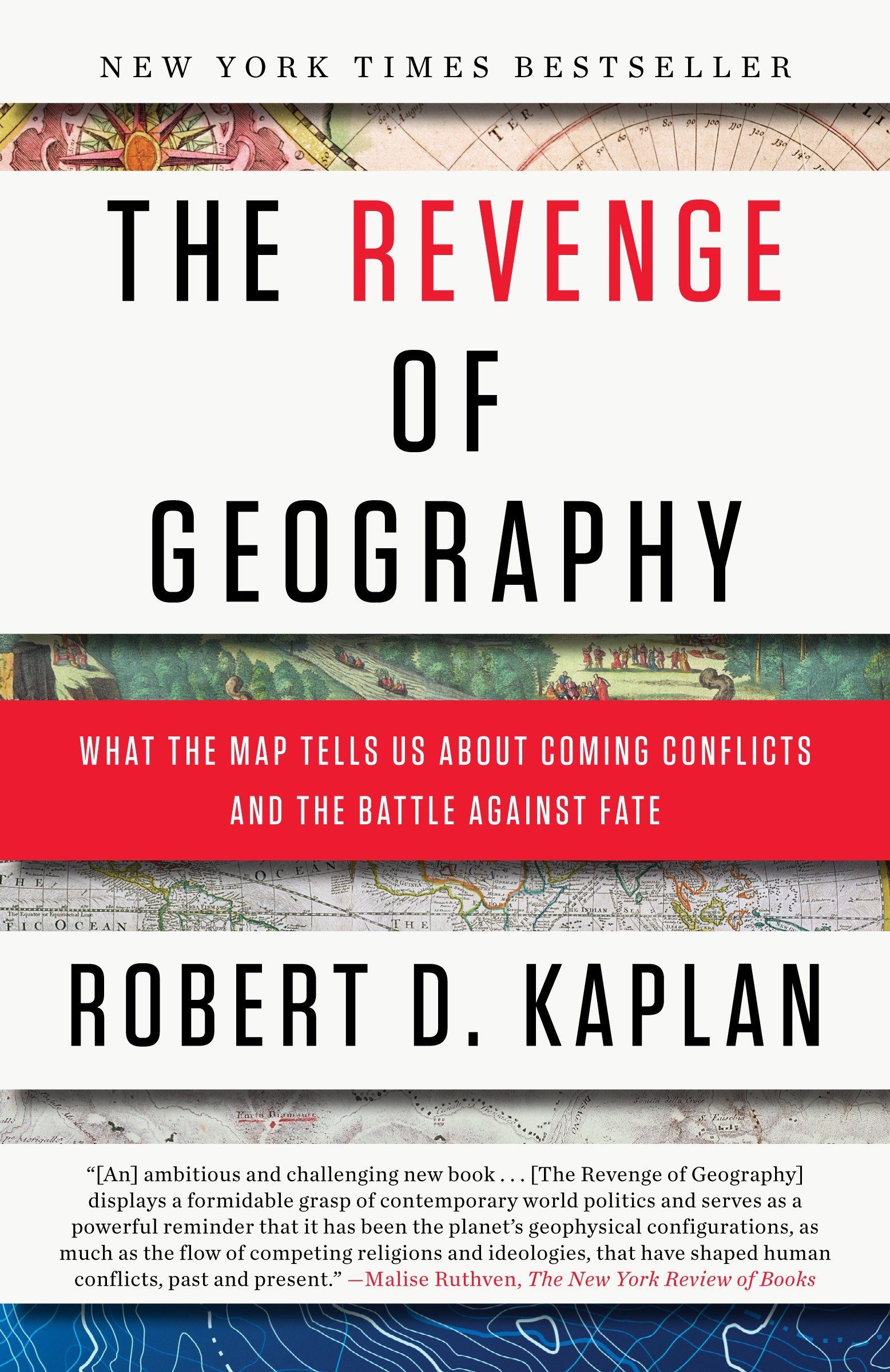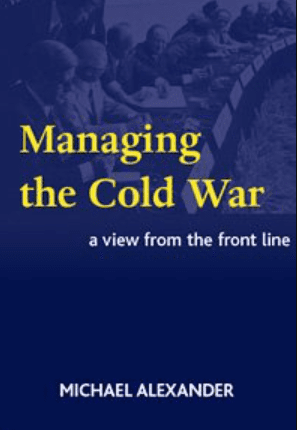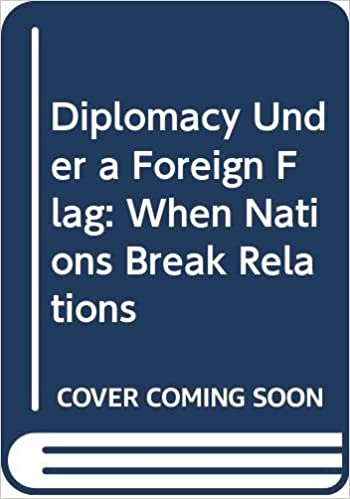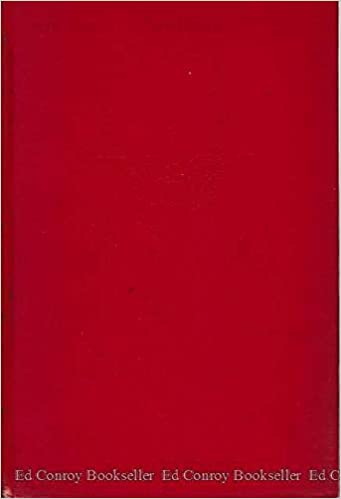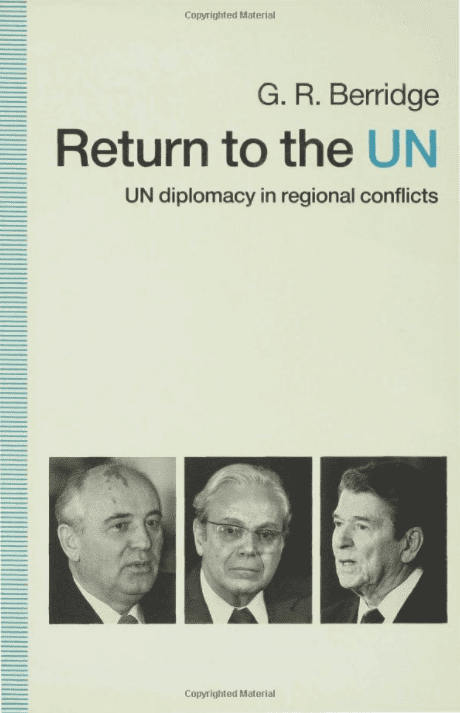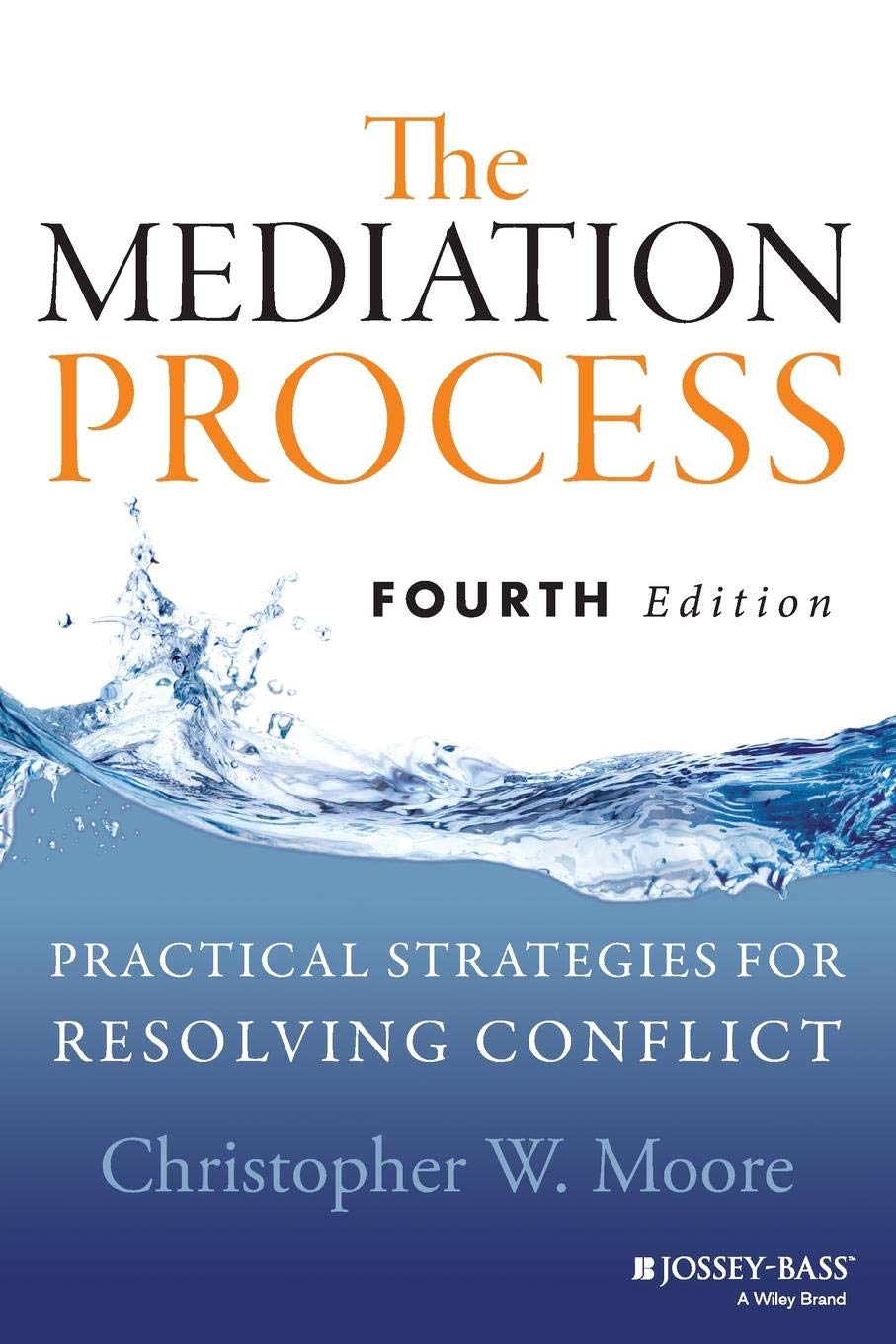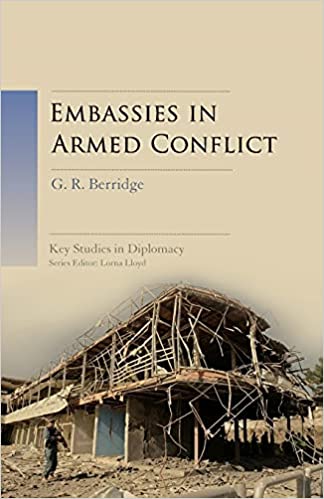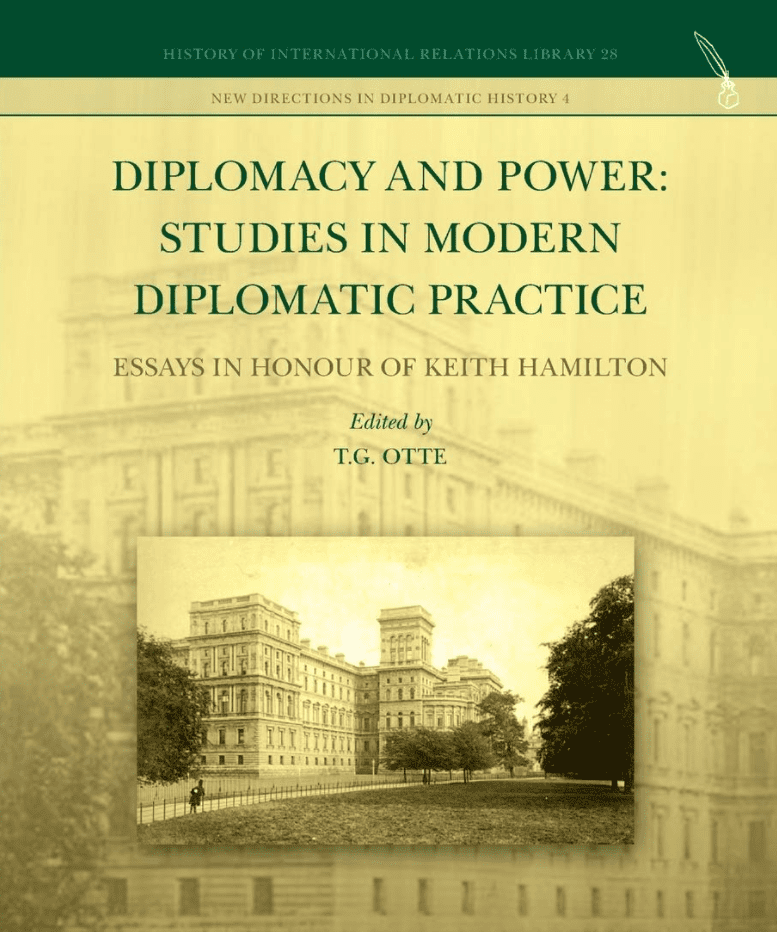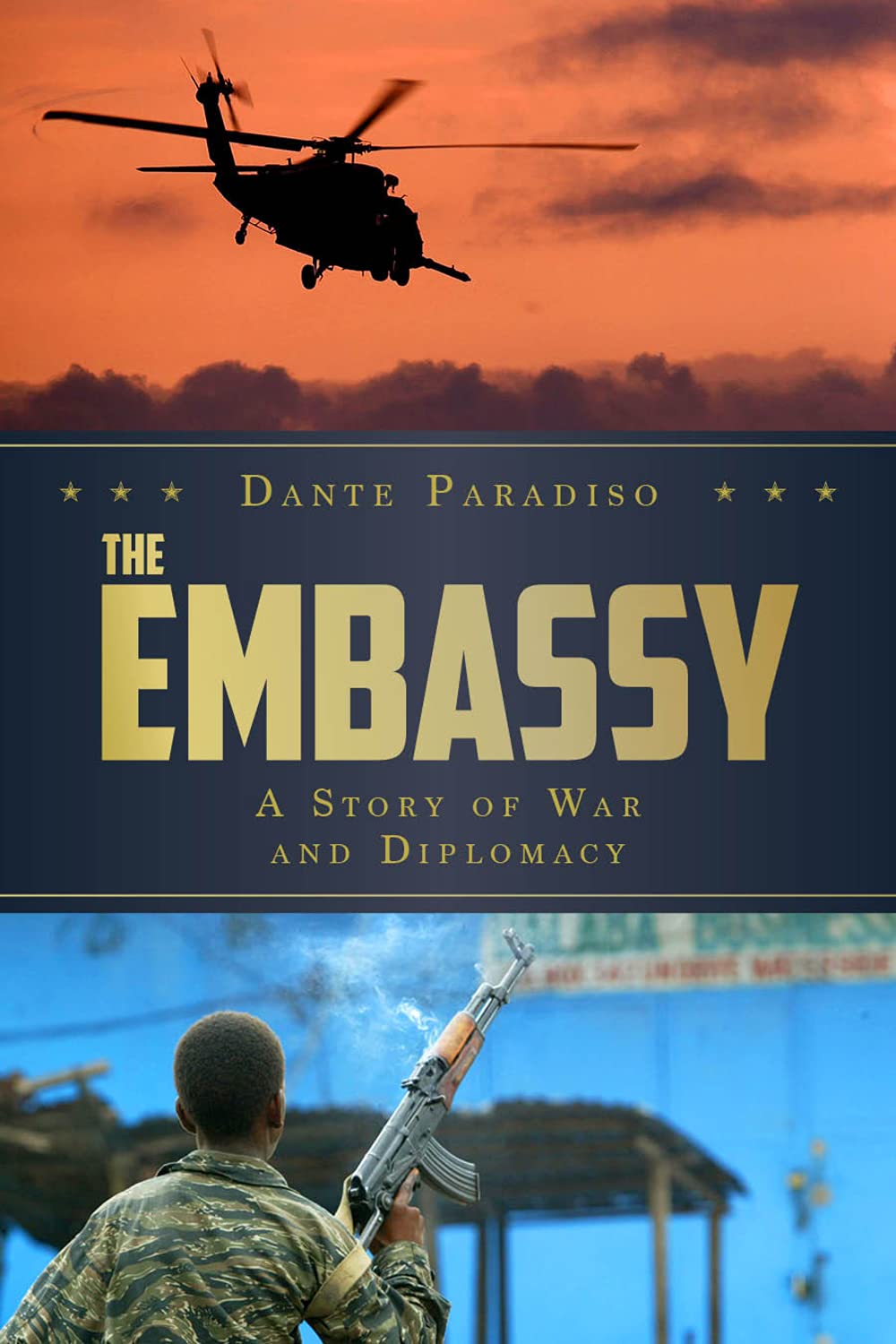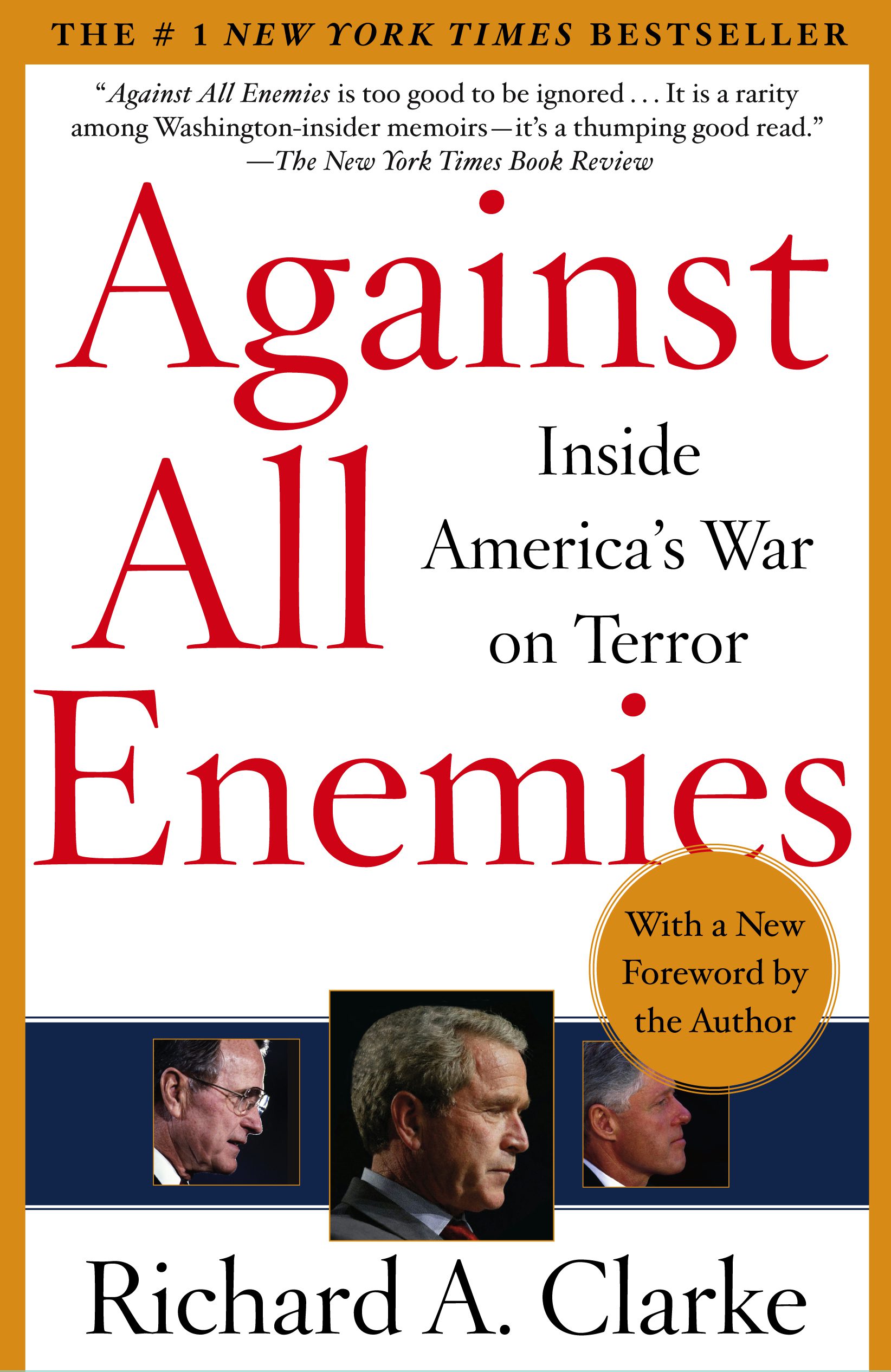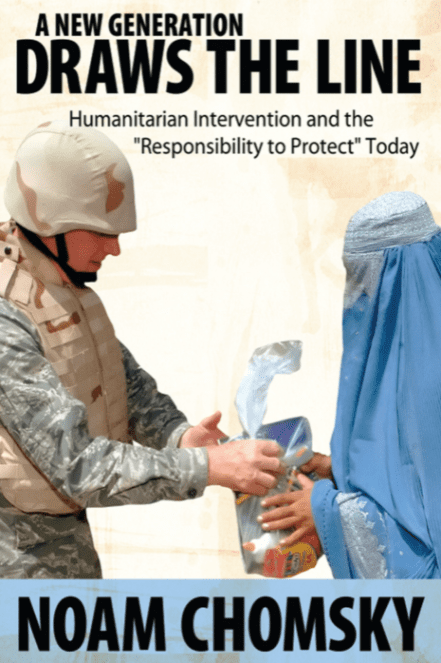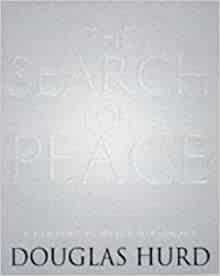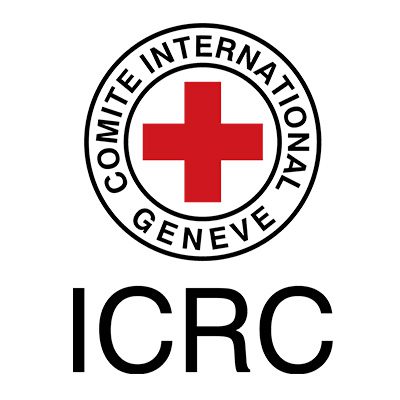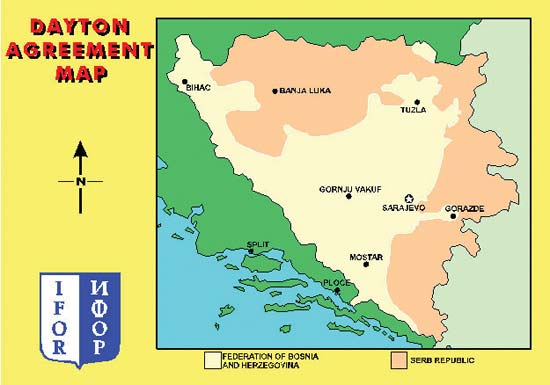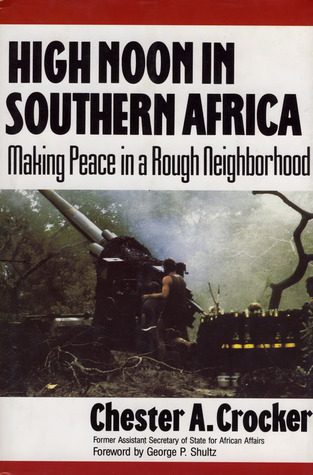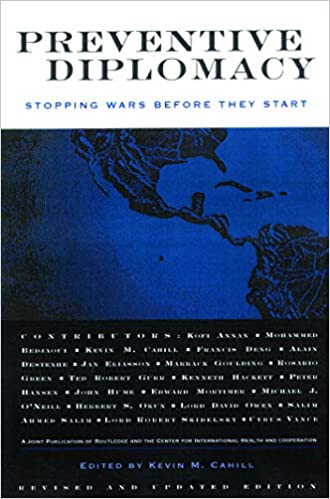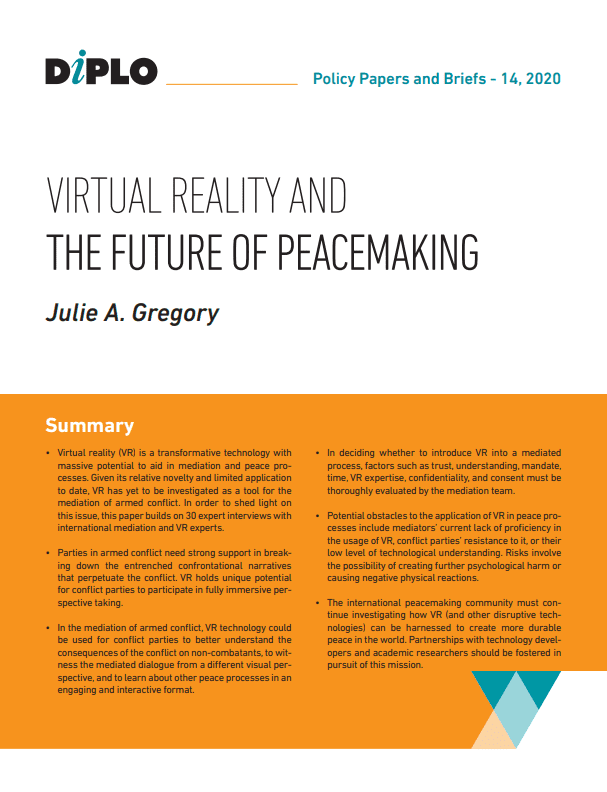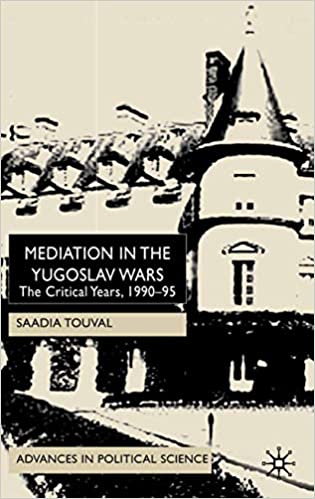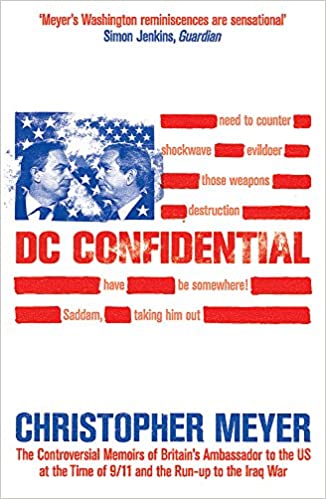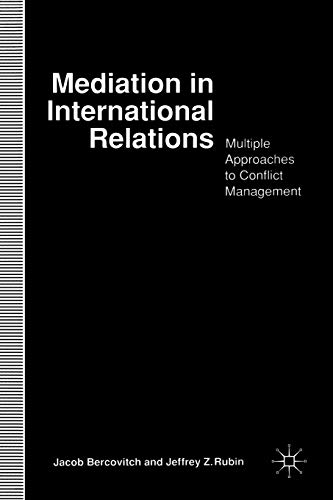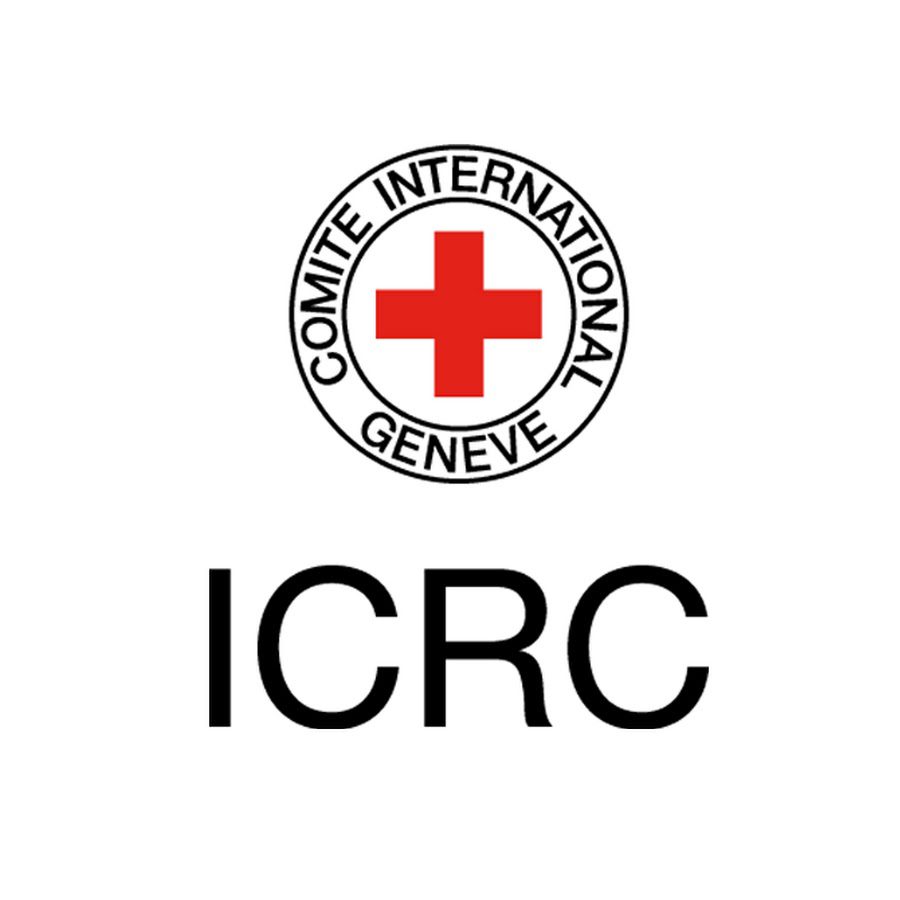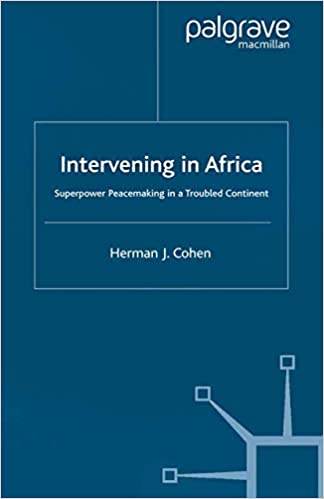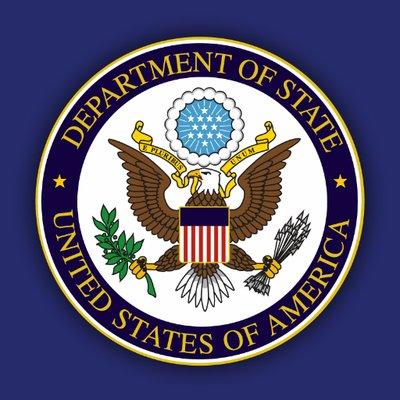Author: Geoff Berridge
DC Confidential: The controversial memoirs of Britain’s ambassador to the U.S. at the time of 9/11 and the Iraq War
2005
His memoirs have attracted attention in part because they reveal confidential information on very recent events and persons still in office and in part because they argue that British prime minister, Tony Blair – the ‘indispensable ally’ (p. 250) – missed the opportunity to moderate the actions of the US administration at the time of the Iraq War. As to the first point, I cannot help agreeing with Sir Christopher’s many critics: he broke a trust (though not as far as an outsider can judge on any vital questions) and may have weakened the important relationship between civil servants and ministers. As to the second, that is a serious question, though one for diplomatic historians to judge. How should the historian of diplomacy react to these memoirs?
The student of diplomacy will find much of value in DC Confidential – though no great surprises. In its intimate descriptions of the numerous encounters between Tony Blair and George W. Bush, and their respective camp followers, the book provides further evidence of the diplomatic advantages and disadvantages of summitry (chs. 19, 20, 23). It also provides a classic example of the way in which even a traditionally influential MFA, the British Foreign Office, can be effectively sidelined by a head of government on a key (the key) foreign relationship; as ambassador in Washington, Sir Christopher in practice answered directly more to 10 Downing Street than to the FO. Above all, the volume gives a lively and rich account of how a modern ambassador – a ‘professional networker’ (p. 223) – has to operate in Washington (esp. chs. 8, 9, 14, 15, 17, 21, 22). His ‘task’, writes Sir Christopher, who clearly enjoyed it immensely, ‘is simple to describe: find things out and influence decisions’ (p. 207). However, he must pursue the last aim without ‘being drawn into Washington’s inter-departmental rivalry’, which would ‘damage the embassy’s reputation for trustworthiness and impartiality’ (p. 210). Why would this be dangerous? He does not draw a picture for us because the implication is obvious: it would close off vital sources of information. In short, Sir Christopher draws our eye to the tension between the two main tasks of the Washington ambassador.
In general these memoirs are light reading and padded out with a great deal of ordinary (and much trivial) detail. There is also a strong whiff of score-settling in them. Nevertheless, Sir Christopher Meyer was obviously a successful ambassador in Washington (the British government wanted him to stay on for longer but he had to return home for personal reasons) and his account of his time there should not be read simply for its gossip and as a primary source for historians on the origins of the Iraq War. It also shows with great clarity how a Washington ambassador needs to operate in order to achieve success.
